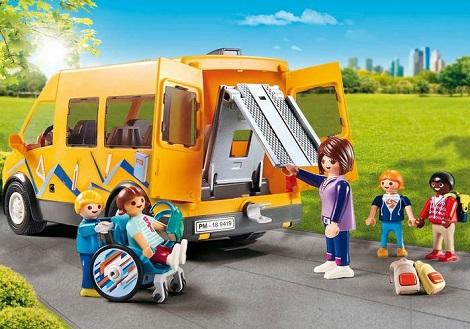
Published on: 12/03/19
Matching a child’s clothes with their dolls has always been popular – but a growing range of inclusive toys now include feeding tubes and AFOs.

Published on: 12/03/19
Several companies and small businesses are now making bespoke cuddly toys and dolls for children that help them understand a medical condition or injury.
Such toys are said to help children get used to feeding tubes or AFOs, for example.
Last week the BBC spoke to Fiona Allan who creates teddies to look like their ‘owners’.
As an adult Fiona had to get used to living with a nasal tube due to Ehlers Danlos syndrome and she started making teddies with real fittings and tubes to ‘help children adjust and teach those around them about the child’s condition.
Fiona said: “Sick children often have a non-sick sibling. It helps them get used to it. They can play with them, touch them and even learn what parents do to manage and clean them.”
American companies include ‘A Doll like me’, run by Amy, who makes limb loss and limb difference dolls after her daughter wished for a doll that looked like her.
American manufacturer Dafo provides free AFOs for dolls for children who own its Cascade brand AFOS, with children getting to choose the strap colour.
Similar products are popping up on websites like Etsy for parents to order, such as ShishkaBobDesign. US company A Step Ahead customises American Girl Dolls for chidren with limb loss.
While there are less personalisable dolls in the UK market, the number of inclusive toys seems to be on the rise. Playmobil will be selling an accessible school from June featuring a lift and a disabled toilet.
Playmobil already sells a child with a wheelchair and a school van that is wheelchair accessible with a foldable rear ramp. Wow Toys and ELC also include some inclusive figures.
This week Mattel announced that from this summer they will sell Barbie with a wheelchair and a Barbie with a prosthetic leg. Although the brand has sold Barbie in a wheelchair before these inclusive Barbies are now part of Mattel’s Fashionista line, which also includes dolls with differing body sizes.
Lottie Dolls’ range includes Mia, a wildlife photographer doll, who has a cochlear implant and it’s Loyal companion doll has a dog with a blue bandana (signalling that it is trained to assist an autistic child) and ‘headphones to keep out high noise volumes and sunglasses to shield eyes from bright lights’.
The Mia doll is a collaboration with Toy Like Me a UK non-profit company that campaigns ‘for diversity in the toy-box and for better representation of disabilities so that differently abled children can see themselves reflected in the toys they play with’.
If you have any recommendations that parents or children might find helpful drop us a line at thehub@thechildrenstrust.org.uk